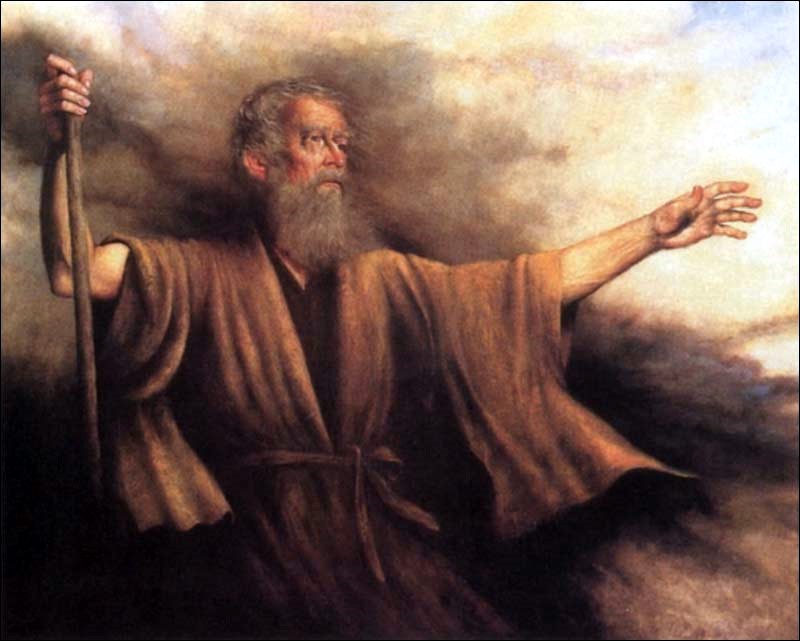|
וזאת הברכה - "And This Is the Blessing" |
||
|
 |
|
Deuteronomy 33:1
Now this is the blessing with which Moses the man of G-d blessed the sons of Israel before his death.
| << Previous (Ha'azinu) | Next (Bereshit) >> |
The Hebrew Words
The Hebrew phrase vezot ha'brachah comes from two words: zet and bracha.
Zet (Strong's #2088) which is a primitive word which means "this" or "that". It is used 1541 times in 1346 verses in the Tanakh.
Bracha (Strong's #1293) which is a noun that means "benediction" or "blessing". It is used 70 times in 64 verses in the Tanakh.
First use in Scripture
The first time zet is used in Scripture is in Genesis 2:23.
Genesis 2:23
The man said, "This is now bone of my bones, And flesh of my flesh; She shall be called Woman, Because she was taken out of Man."
The first time bracha is used in Scripture is in Genesis 2:12.
Genesis 12:2
And I will make you a great nation, And I will bless you, And make your name great; And so you shall be a blessing;
Last use in Scripture
The last time zet is used in Scripture and the last time bracha is used in Scripture are found in the same passage. It is in one of the traditional "tithing sermon" verses, Malachi 3:10.
Malachi 3:10
"Bring the whole tithe into the storehouse, so that there may be food in My house, and test Me now in this," says the LORD of hosts, "if I will not open for you the windows of heaven and pour out for you a blessing until it overflows.
Parashah Outline
- The Blessing of Moshe - Deuteronomy 33:1
- The Death of Moshe - Deuteronomy 34:1
Portraits of Messiah
Verse by Verse Notes
Other Observations